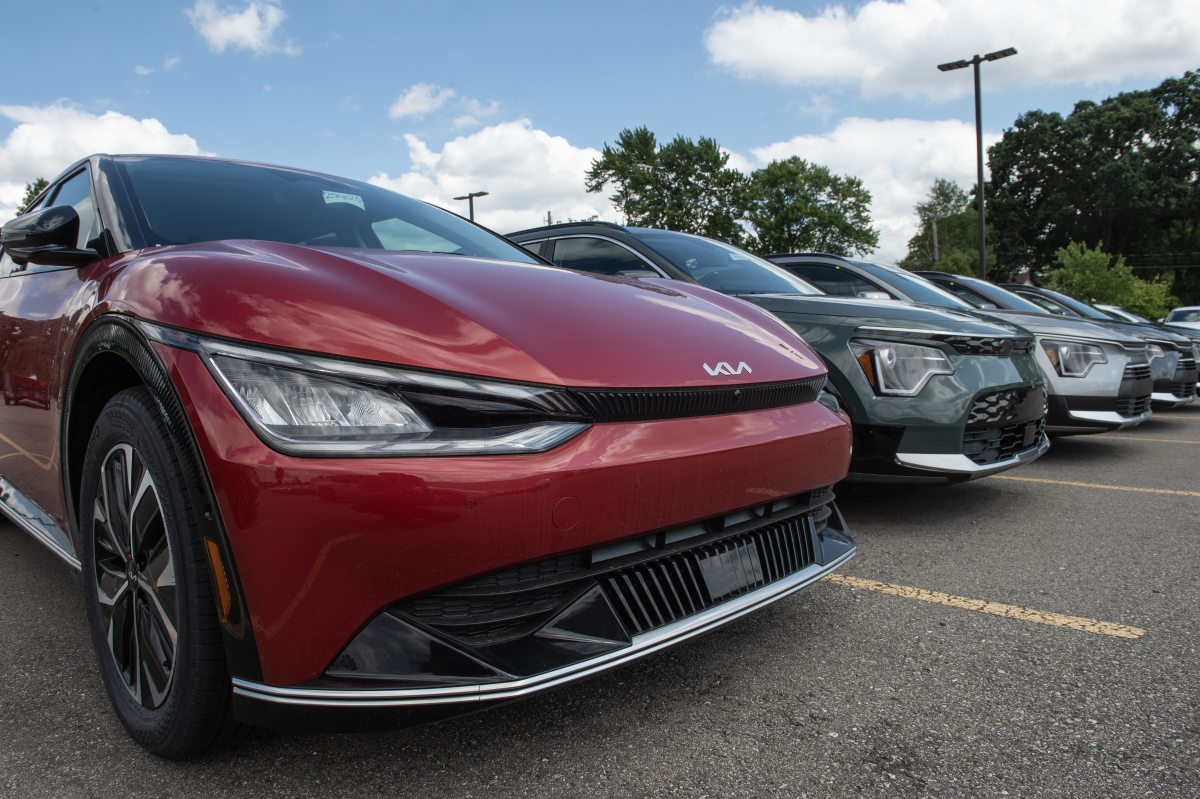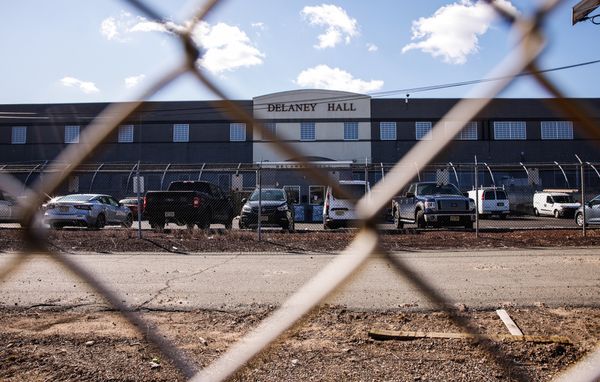
New regulations regarding tax credits on electric vehicles might entice new car buyers, but the details in the fine print are leaving some dealers more worried than excited.
Starting in 2024, new car buyers looking to purchase a new EV will be able to transfer federal tax credits to dealerships to use towards their down payment.
Under the updated IRS Code Section 30D, buyers who meet certain income thresholds can get up to $7,500 for North American-assembled new EVs that meet certain sticker price restrictions, or up to $4,000 for a used EV at least two model years old up to $25,000.
Related: Ford makes a startling move as the UAW strike rages on
Though these new regulations might be a step forward for further adoption of EVs, dealers are more concerned about how will this process will work out in the showrooms and more importantly; how fast dealers will get paid back by the government.
Dealers across the United States expressed such concerns to Automotive News, noting that they are afraid such a scheme will play out like the infamous Car Allowance Rebate System, or “cash for clunkers” program in the summer of 2009, where vouchers of up to $4,500 were given towards customers who traded in older gas guzzlers for new fuel-efficient models.
Though the process seemed seamless for customers, it didn’t work out that way for dealers, as they faced delays with the government trying to claim their money back.
Cuyahoga Falls, Ohio auto dealer Michelle Primm told Automotive News that she recalled waiting a month to receive a reimbursement check from the government during the program, and heard “horror stories” of other dealers not receiving such checks for up to six months. When it comes to this program, she hopes the government reimburses dealers in a timely manner.
More Business of EVs:
- A full list of EVs and hybrids that qualify for federal tax credits
- Here’s why EV experts are flaming Joe Biden’s car policy
- The EV industry is facing an unusual new problem
"Car dealers are asset rich and cash poor. Cash flow is something we look at every single day in a car dealership," Primm told AN. "What if that $200,000 the government owes me is the same time I have a big payroll […] All of a sudden, the dealer is in a cash crunch."
To avoid this problem, the National Automobile Dealers Association (NADA) has reached out to the Treasury to ensure that dealers have a streamlined process for the credit transfer’s implementation, including a “seamless and simple dealer registration process, ease and repeatability of notices and forms that must be submitted to the vehicle buyer and the IRS,” as well as a “efficient funding portal for dealer reimbursement.”
Overall, dealers are still confident that the program will be able to sell more electric cars. California New Car Dealers Association president Brian Maas told Automotive News that though there were problems with programs like “cash for clunkers,” it helped dealers move cars.
“All in all, it did move a lot of metal, and that was a good thing, and I think the goal of all these [Inflation Reduction Act] credits is to move EVs."
Get exclusive access to portfolio managers and their proven investing strategies with Real Money Pro. Get started now.







